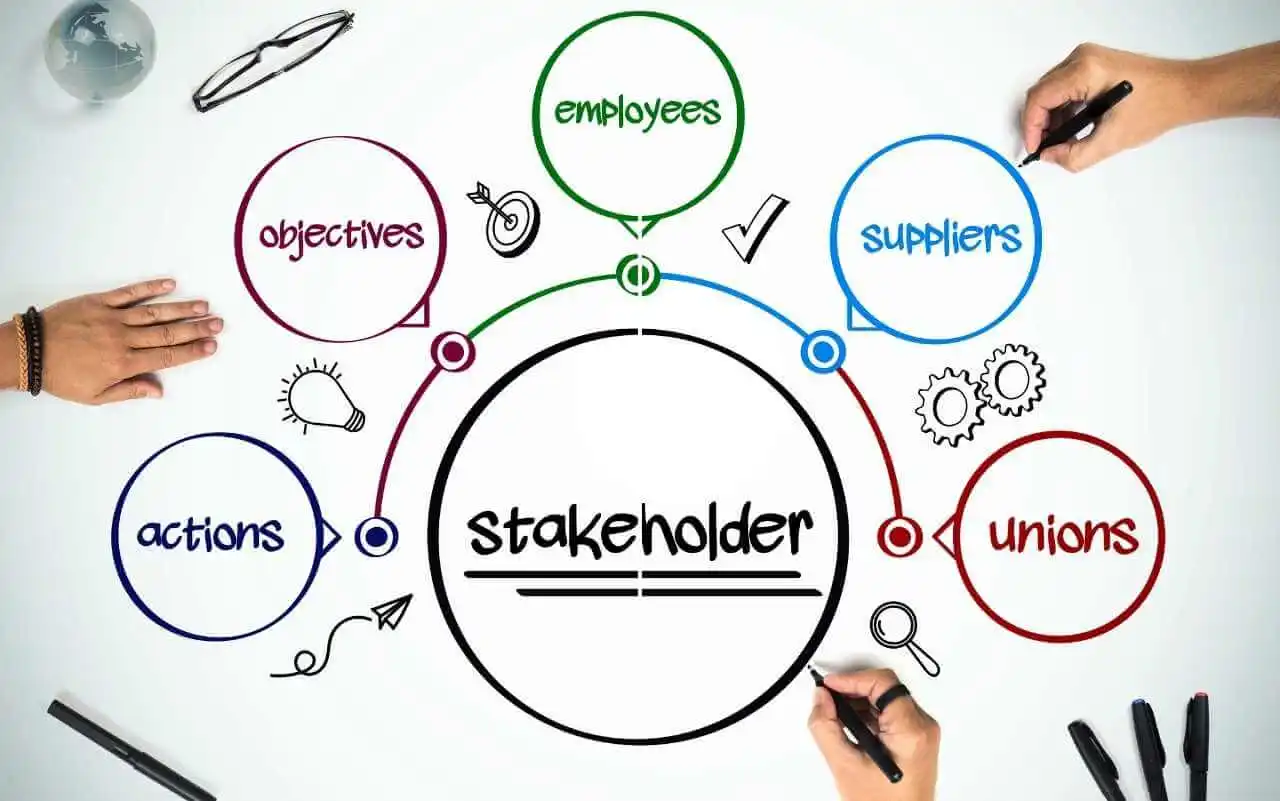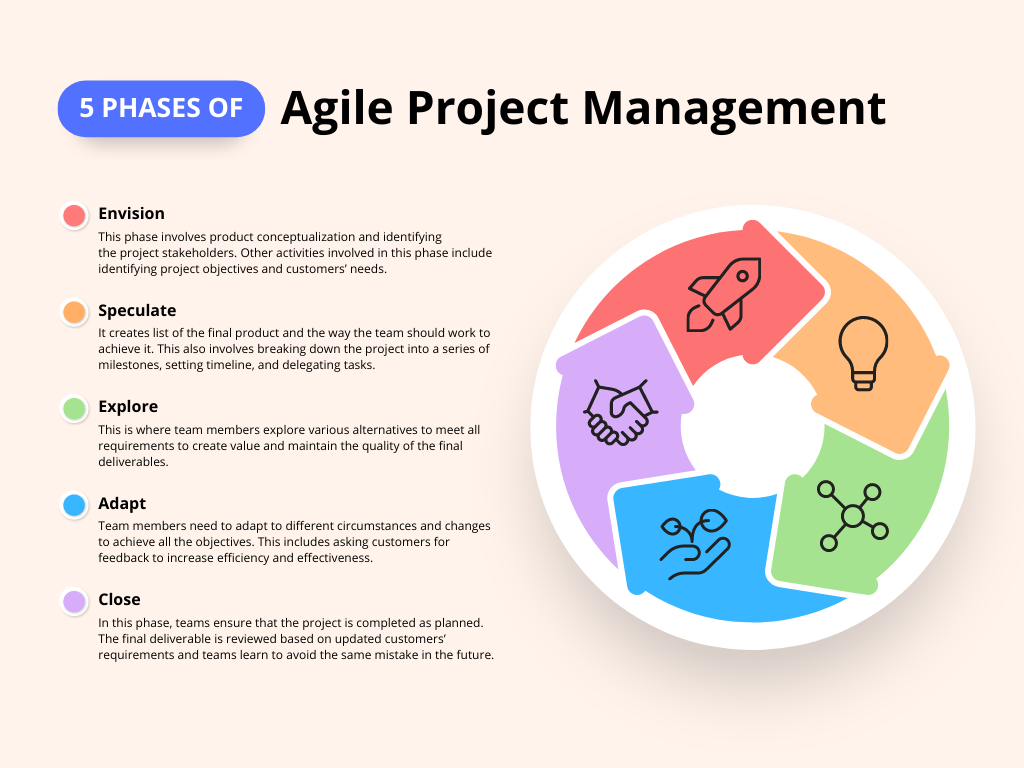Introduction to Bridging Career Gaps in Technology
Many find themselves at a career crossroads at some point, looking to jump into the tech industry or shift within it. It’s no secret that the tech sector is experiencing layoffs, and the demand for skilled workers is higher than ever. But making the leap or bridging that gap might seem daunting. Whether it’s been a while since you last worked in tech or you’re aiming to switch lanes within the industry, understanding a few key points can help make the transition smoother. First off, it’s crucial to assess where you are right now in terms of skills and experience. Take a hard look at what you know and what you need to learn. The tech industry evolves rapidly, so staying updated on the latest trends and technologies is a must. Next, consider project management as a vital skill set, whether you’re coding, designing, or leading a team. It’s all about keeping projects on track, within budget, and up to the standard. Lastly, don’t overlook the power of networking. Connecting with industry professionals can provide insights, open doors, and offer mentorship opportunities that can be invaluable during a career switch. Transitioning into or within the tech world might seem like a big step, but with the right approach, it’s absolutely achievable.
Understanding Project Management Best Practices
In diving into project management best practices, think of them as your roadmap to steering projects to success. Key practices include setting clear goals, effective communication, and risk management. Setting clear goals ensures everyone knows what the project aims to achieve, making it easier to track progress and outcomes. Effective communication keeps all team members on the same page, facilitating better decision-making and collaboration. Lastly, risk management involves identifying potential problems before they occur, allowing teams to prepare or avoid them altogether. These practices aren’t just fancy terms; they are the backbone of successful project execution, ensuring that transitions in your tech career are as smooth as possible. Embracing these can significantly improve your project outcomes, paving the way for successful career transitions in the tech landscape.
The Role of Project Management in Career Transitions
When you’re shifting careers, especially into tech, understanding the role of project management (PM) can be a game-changer. It’s not just about leading projects; it’s about mastering the art of organizing, planning, and executing projects to achieve specific goals. In career transitions, PM skills ensure you’re not just jumping into the deep end without a plan. They help you map out your career path, identify necessary steps, and track your progress meticulously. You don’t start a new role or switch careers on a whim. You approach it like a project—setting clear objectives, identifying the skills you need to develop, the experience you need to gain, and the people who can help you along the way. It’s about breaking down the transition into manageable parts, tackling them one by one, and adjusting your plan as you learn and grow. This strategic approach minimizes risks and boosts your chances of success in your new tech role. Remember, a well-managed project rarely fails, and the same goes for career transitions.
Essential Skills for Successful Project Managers
To be a successful project manager, mastering a mix of skills is crucial. Think about being a chef; just as they need to know more than just how to cook—they must also manage time, handle stress, and work with a team. Likewise, a project manager needs a diverse set of skills. Communication is key. You must clearly express ideas, listen to team members, and ensure everyone is on the same page. Next up is leadership; you’re not just managing tasks; you’re leading people. Inspire your team, encourage collaboration, and make decisive choices. Problem-solving is third. Projects rarely go exactly as planned. You need to quickly identify issues and find effective solutions. Don’t forget organizational skills. Juggling tasks, deadlines, and resources efficiently keeps the project on track. Lastly, adaptability. The tech world moves fast. Stay open to new ideas and be ready to adjust plans as needed. Combine these skills to guide your team through projects smoothly, even in the tech industry’s fast-paced environment.
Strategies for Implementing Best Practices in Your Career
To nail project management and make your career transition a success, follow these tried-and-tested strategies. First, always start with a clear plan. Knowing your end goal and the steps to get there will steer you on the right path. Break down your big goal into smaller, manageable tasks. This approach makes it easier to track progress and maintain focus. Networking is not just a buzzword; it’s your ladder to success. Connect with professionals in the field you’re targeting. Their insights and advice can open doors and provide you with practical knowledge that textbooks and courses might not. Never stop learning. The tech industry evolves at a breakneck speed. Stay relevant by keeping up with the latest trends, tools, and technologies. This might involve taking up new courses, attending workshops, or getting certifications. Plus, adaptability is key. Be prepared to pivot your strategies as you learn and grow. Your initial plan might need tweaks as you gain experience and receive feedback. Finally, embrace failures as learning opportunities. They’re not setbacks but stepping stones to mastering project management and succeeding in your new career path. Stick to these strategies, and you’ll carve out a place for yourself in the tech world.
Tools and Technologies That Support Effective Project Management
In today’s fast-paced tech world, keeping projects on track demands more than just good intentions; it requires the right set of tools. Think of these tools as your digital toolbox, each serving a unique purpose to ensure your project runs smoothly from start to finish. Trello, for example, shines for its simplicity and visual approach to task management. It’s perfect for small teams or individual projects, where you can easily drag and drop tasks as they move from ‘to do’ to ‘done’. On the other hand, Asana steps up the game with more complex project tracking abilities, ideal for when your projects have multiple moving parts and deadlines. For those who live and breathe in spreadsheets, Smartsheet combines the best of Excel with project management features. It’s a powerhouse for those who need more detail in their planning process. Slack is your go-to for keeping everyone on the same page. It’s not just a messaging app; it’s a hub where your team can communicate, share files, and integrate other project management tools, ensuring no detail gets lost in the shuffle. Lastly, don’t forget about Microsoft Teams, especially if your organization already uses the Microsoft ecosystem. It offers a seamless blend of communication and collaboration features, with the added benefit of Office 365 integration. Each of these tools has the potential to transform the way you manage projects, making the process more efficient and less stressful. The trick is to choose the ones that best fit your project’s needs and your team’s workflow.
Navigating Challenges in Tech Career Transitions
Transitioning careers, especially within tech, brings its own set of challenges. It’s not just about learning new skills or getting certifications. The real test is in understanding the landscape, knowing where you fit, and making your presence felt. First, there’s the fear of the unknown. Stepping into a new domain can be daunting. The key is to keep learning and stay adaptable. Embrace the discomfort as a growth phase. Then, there’s the skill gap. The tech world evolves at lightning speed. What was relevant yesterday might be outdated today. This means you constantly need to upskill. Take advantage of online courses, workshops, and tech meetups. Networking plays a crucial role too. It’s not just what you know but who you know. Build a robust network within the tech community. Lastly, the financial aspect. Career changes might mean starting from a lower position or even unpaid internships. Budget wisely and be prepared for a temporary dip in earnings. All these challenges, although tough, are not insurmountable. With determination, continuous learning, and networking, you can bridge the gap and transition successfully in the tech industry.
Case Studies: Success Stories in Project Management Career Shifts
Learn from those who’ve already nailed it. Many have switched to project management in tech and thrived, showing it’s more than possible. Take Sarah, a former teacher. With no tech background, she dived into a project management course, absorbed every bit of knowledge, and started volunteering for tech projects to gain experience. In under a year, she was leading projects at a tech startup, proving passion and persistence pay off. Then there’s Alex, an engineer tired of the same daily tasks. He leveraged his technical skills, learned the ropes of project management through online courses, and began applying his problem-solving skills in a new light. Now, he’s a senior project manager at a multinational company. These stories highlight a common theme: With the right approach, transitioning to a project management role in tech is within reach. Embrace learning, grab opportunities to gain experience, and don’t forget the power of networking. Success in this career shift is not just about what you knowWrapping up and navigating career changes in tech needs a clear game plan. but how willing you are to learn and adapt.
Continuous Learning and Improvement in Project Management
In the world of tech and project management, the only constant is change. Staying at the top of your game means committing to continuous learning and improvement. This isn’t just about keeping up with the latest software or coding language; it’s about evolving your management style, sharpening your leadership skills, and understanding new project methodologies. Think of it this way: every project you manage is not just a task to be completed; it’s an opportunity to learn something new. Whether it’s a success or a setback, there’s always a takeaway. For those looking to transition into or excel within a project management role in tech, embracing this mindset can be a game-changer. Resources like online courses, webinars, industry blogs, and project management tools can be your allies. Remember, in project management, your growth is driven by a blend of your technical know-how and soft skills. Your ability to adapt and learn is what will set you apart in the fast-paced tech environment.
Conclusion: Key Takeaways for a Successful Career Transition in Tech
Wrapping up and navigating career changes in tech needs a clear game plan., Stick to the best practices in project management and your journey will likely be smoother and more fruitful. Remember, it’s about flexibility, continuous learning, networking, setting smart goals, and embracing change. Don’t cling to one way of doing things; the tech landscape shifts rapidly. Be ready to adapt and learn new skills. Building a strong network can be your safety net, giving you insights and opportunities not visible to everyone. Set achievable goals that guide your transition clearly. And lastly, accept that change is part of the game. It’s okay to step out of your comfort zone. That’s where growth happens. If you keep these takeaways in mind, your career transition in tech won’t just be successful; it’ll be rewarding.








